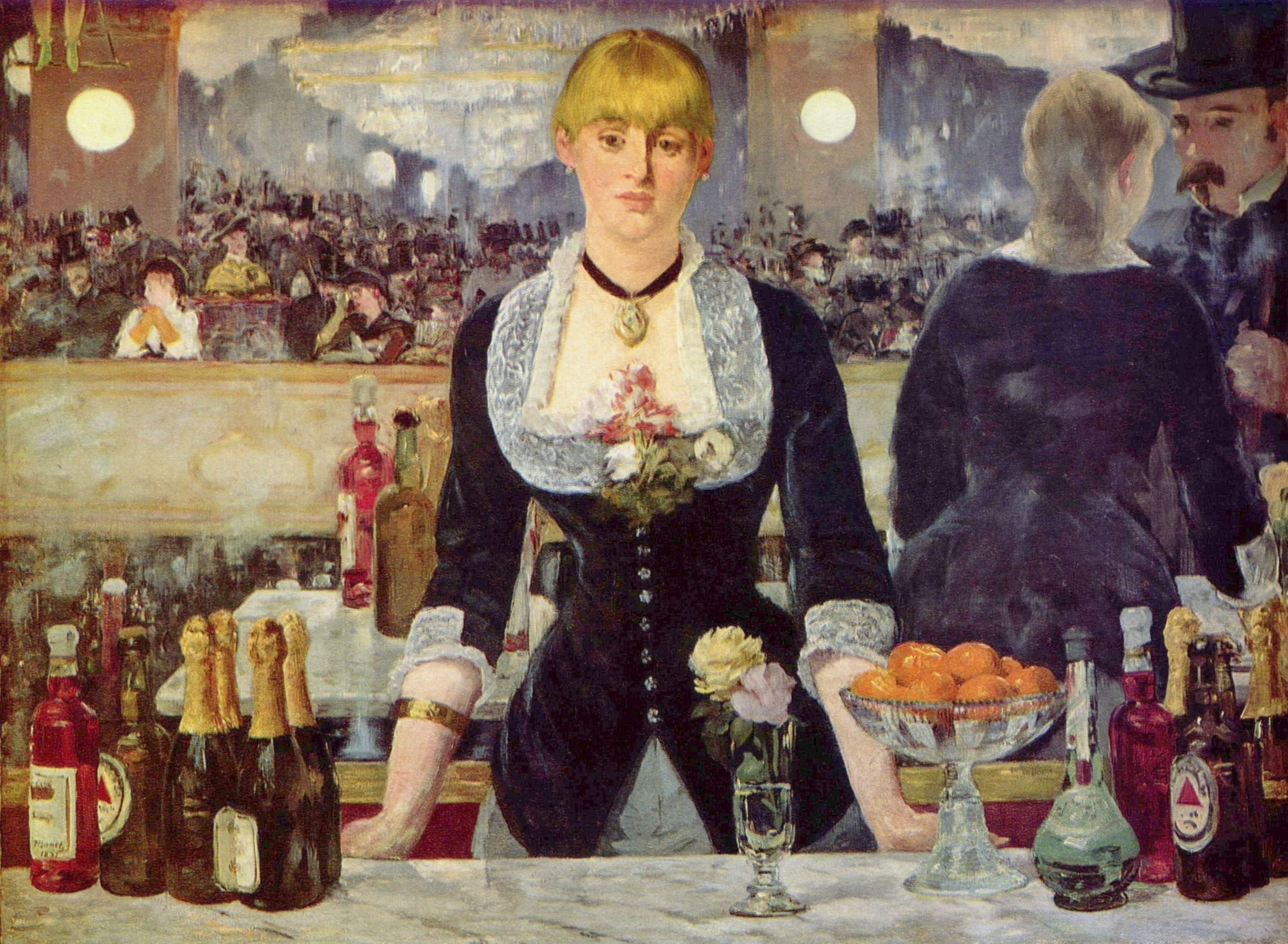
Pop music really can change your life. That’s part of the setup of M. Night Shyamalan’s near-miss of a thriller “Trap,” a movie that feels less like the Night Brand than a lot of his twisty ventures, a pared-down version of what he does that needed a round or two more of fleshing out its best ideas and amplifying its visual language. Night is at his best when he has a team of craftspeople to help elevate his best ideas in films like “The Sixth Sense,” “Old” (a movie that has grown on me), and “The Village,” but “Trap” too often lacks the craftsmanship it needs to crackle with energy and tension. Despite these missteps, Josh Hartnett almost makes “Trap” worth seeing, imbuing his character with a playfulness that can be captivating. It’s a shame his great work sometimes feels trapped in a movie that doesn’t know what to do with it.
The majority of “Trap” unfolds at a place that can be truly terrifying for a parent forced to spend hundreds of dollars on the latest pop superstar. In this case, it’s Lady Raven, played by Night’s daughter Saleka Shyamalan, a pop star shaped in the image of someone like Taylor Swift – one of those performances wherein the average age in the crowd is in the teens, and everyone knows all the words. Saleka wrote and performed most of the music, and speaking bluntly, there’s a bit too much of it, especially because it’s not quite as catchy as T. Swift.
Attending this Lady Raven show in Philly is an average guy named Cooper (Hartnett) and his teen daughter Riley (Ariel Donoghue). Shortly after their arrival, and with minimal character development, Cooper notices a strong police presence at the venue, including heavily armed men at all the doors. Through a brief act of politeness, he earns the trust of a vendor (Jonathan Langdon) who lets him on a secret – the cops and feds are there because they know that a notorious serial killer named The Butcher is in the building. Cooper is that man.
Their plan to stop every man who leaves the building and basically put them in front of ace profiler Dr. Grant (a woefully miscast Hayley Mills, likely here just because she’s famous for a different “Trap” movie and Night thought that was funny) to determine guilt makes absolutely no sense. Still, people buy a ticket for a movie like “Trap” knowing the premise, and Shyamalan’s film gets by on its set-up for a while, largely because it allows Hartnett to shine through the opening act. Hartnett makes numerous smart, subtle choices that convey Cooper’s precise personality, particularly in a sly smile that reveals how much this sociopath enjoys the unexpected challenge.
Sadly, Shyamalan’s script doesn’t give Hartnett’s performance the stage it deserves. Cooper should be a cagey genius, someone who has kept his identity secret from everyone in his life and only has to do so for a bit longer to escape capture again. Instead of sketching Cooper as the smartest person in the room, Shyamalan almost comically makes him into the luckiest. Cooper keeps narrowly averting exposure through what can only be called movie magic. And when Shyamalan’s concept is forced to leave the arena, it comes apart with a series of scenes that make increasingly little sense. There are numerous times when the answer to “Why would someone do that in that situation?” can only be “Because of the movie.”
There’s an undeniably unique energy at a concert for a major pop star, a place where people scream (usually with glee), the lighting can be unpredictable, and someone in the crowd may not be all they appear to be. It’s a clever setting for a thriller, and where most of “Trap” unfolds, but Shyamalan doesn’t do enough with the geography of the space. A better film conveys how even a massive arena can feel claustrophobic when thousands of people surround you. But the cinematography by ace director of photography Sayombhu Mukdeeprom (“Challengers”) is oddly captivated by the large screens over the stage instead of the actual performer. This approach is surely to keep us more trapped in Cooper’s POV, but it ends up making the actual Lady Raven performance feel lackluster when we watch most of it on a screen on a screen. The editing by Noemi Katharina Preiswerk (who also cut Night’s “A Knock at the Cabin”) also lacks the hum that “Trap” really needed to work.
Ultimately, there’s something to be said for a man who can get a movie like “Trap” made in today’s market. It’s a weird, unpredictable movie not based on a pre-existing IP, and we are in an era where there are depressingly few original ideas in blockbuster filmmaking. For that alone – and the Joshaissance clearly unfolding with “Oppenheimer” and now this – it’s tempting to give “Trap” a pass. It’s just too bad that it ultimately feels like the word people so often throw at pop music confections: disposable.




